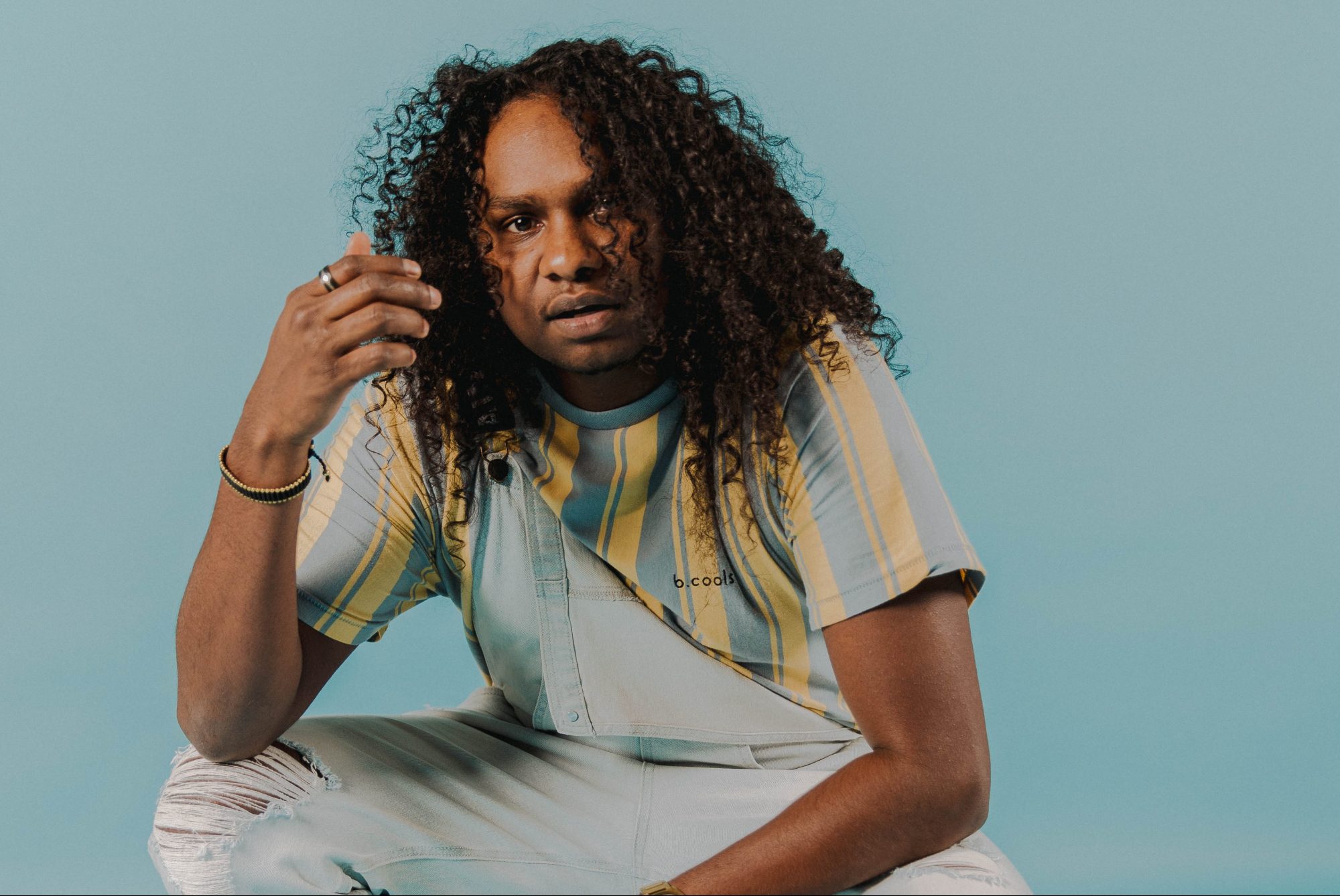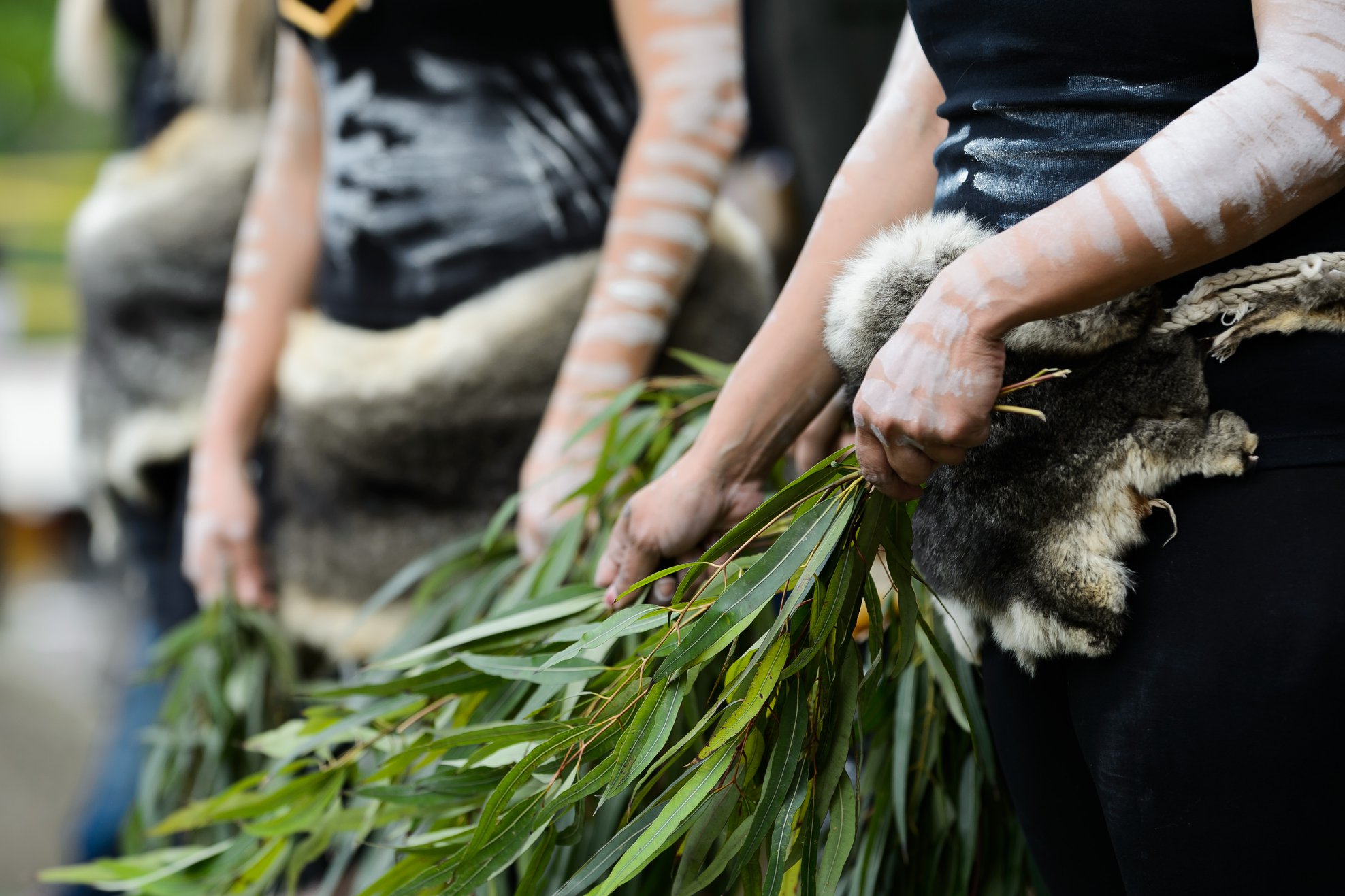It’s no wonder Danzel Baker is left wondering where the year has gone.
As he prepares to embark on a tour across Victoria next week, the past few days alone have involved being named this year’s Corner Award winner and a set at Werribee’s The Lost Lands festival.
2018 has seen the young Yolngu rapper, best known by his moniker Baker Boy, erupt both onto the Australian music scene and internationally – the past ten months a flurry of festival stages, tours and award nominations.
Having grown up in a small community in Yurruwi, North East Arnhem Land, Baker describes his newfound celebrity status as another world. Constantly on the move as he takes his music around the country, life in his remote community in the Northern Territory seems like a distant dream.
“Back then I was just Danzel Baker from Yurruwi who was a youth worker that went fishing, hunting and [spent time] hanging with family and now Baker Boy has just amped things up and thrown me into the limelight, which was like a bit of whiplash,” says Baker.
Making his debut with ‘Cloud 9’ as recently as May last year, Baker’s horizon is now lined with the likes of support slots for 50 Cent and Dizzee Rascal to appearances at some of Australia’s most renowned festivals.
It seems an inconceivable turn of events for the rapper, who admits his first single was born simply through an apprehension to freestyling around the campfire with his friends. After reluctance to join his now bandmate Dallas Wood in an ad-lib rap session, Baker opted to pen concrete lyrics which would go on to form ‘Cloud 9’.
“Hip hop, in particular, hit community back in the ‘80s when my dad and uncle were known as the Baker Boys, and it really stuck,” he says. “It’d be safe to say that I was dancing before I could walk.”
Not only has music surrounded Baker as part of his culture, it runs through his veins – his cousins Gawurra and Yirrmal having each broken into the mainstream with their own sounds, before him.
“As most people know, music is a key aspect of all Aboriginal culture – it goes way back. It’s how we connect with each other, with our land and with history,” says Baker. “It’s a massive part of us.”
Baker’s track ‘Marryuna’ – meaning to dance or freestyle purely for the joy of it – is a shining example of music’s role within Indigenous culture. Its lyrics reference manikay – traditional songs passed down through generations of Yolngu people – and their profound effect on the land.
It’s through melding his traditional tongue, the Yolngu Matha language, with English lyrics and a contemporary hip hop sound that Baker has found his niche. The first artist to have broken into the mainstream while rapping in Yolngu Matha, Baker hopes to spark a sense of curiosity for his native language in non-Indigenous listeners.
“Every country but Australia has a recognised Indigenous language, which is really weird to me because our Aboriginal culture is the oldest in the world,” says Baker. “Through my music, I’d hope to educate people about my language, to inspire them to explore just how many Aboriginal languages there are in every state and hopefully get schools around Australia to include their local language in their curriculum for students to choose.
“And, if I’m being totally honest, rapping in language is actually a lot easier than rapping in just English, plus it sounds cool as – and the people agree.”
While Baker is grateful for the overwhelming reception his music has received, both in Australia and abroad, he cites his ‘brothers’ and ‘sisters’ Benny Walker, Dallas Woods, Alice Skye and Emily Wurramara as just a few examples of the abundant Indigenous artists not receiving the recognition they deserve in the Australian music industry.
“Everyone is aware of race, it’s a part of Australian history,” says Baker. “I’d like for people to acknowledge that and accept that we’re all one mob, at the end of the day. We bleed the same colour and breathe the same air, and when we hear a sick beat, regardless of its origin, you get into it. White, black, Asian, Indian – music sees no race.”







